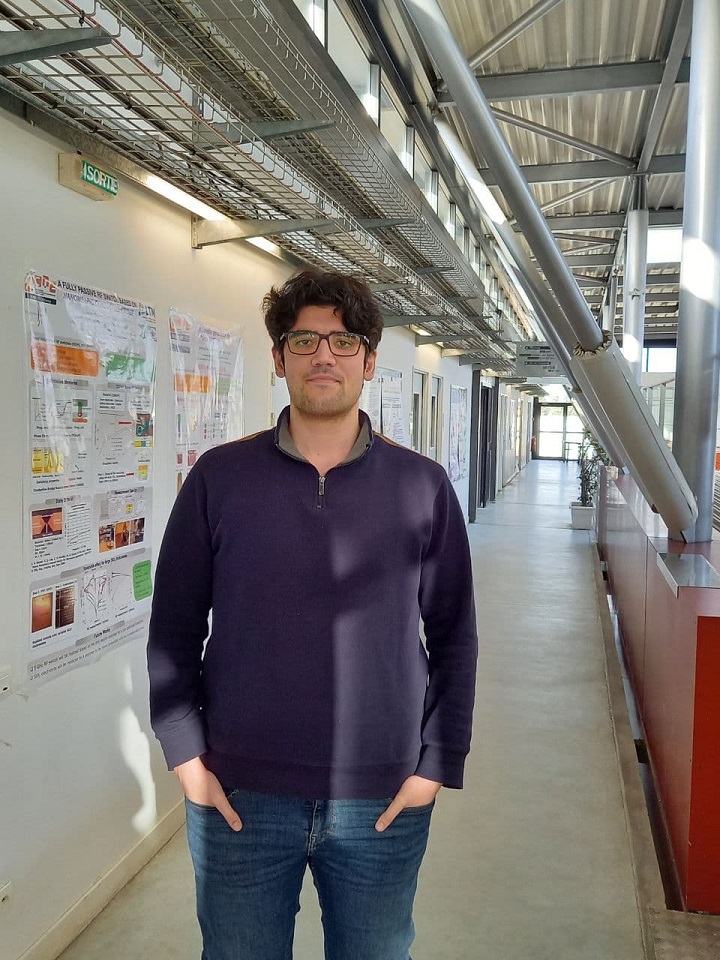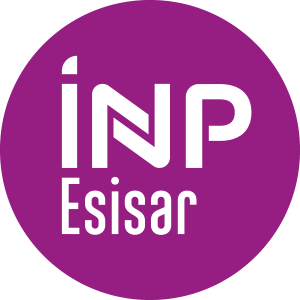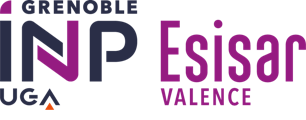
The IMESS* Master program has been suggested to me by one of my professors. I was excited to enroll since it had two good qualities: good courses to prepare after graduation to look for good positions either in industry or in academia, and all this in one year. It was initially tough to handle all of it in one year, but fruitful in the end.
For IMESS* as far as I know and it was for our time, you don't get to work on a thesis. Instead, you have to get an internship. This internship would be up to the attendee: some like it to be in a research lab, and some would go to a company and pursue the industrial trend.
A good amount of software tools in the field of embedded systems programming and test
I liked the good proportions of theoretical training and practical training proposed by the master. We had plenty of lab work, some good projects to work on and an internship at the end. I myself liked a lot the practical aspects of the program. You are not only focused on theories (though you learn theoretical concepts you have to know nonetheless – and they are not just a few), but you also have to implement them. This shows how strong the program is. Almost every course has laboratory works as well. You get to work with software tools that assess the theoretical knowledge you have just obtained. Almost every course has its own set of software tools to work with, hence the diversity of tools you get to experience working with. You will learn a good amount of software tools in the field of embedded systems programming and testing.
So I would say it has a good amount of practicality to it, and it intends to prepare the students quickly for their future career in the field of embedded systems design, security, and test.
Grenoble INP - Esisar: a good hub to get connected to companies or other universities
I would also mention Grenoble INP - Esisar itself being a good hub to get connected to companies or other universities. For starters, Grenoble INP-Esisar is the hosting place for CSAW, a cybersecurity event that happens every year and a good amount of people from industries and academia take part in it. You get to hear from companies you may want to work with in the future in this event. You also get to talk with professors who themselves are well connected to a community of researchers out there, so if you want more on the research part, you have plenty of great people to ask to give you guidance.
Valence itself: a good cultural hub
I initially intended to focus as much as possible on my studies. And don't get me wrong, I love to travel and see around. But because the program itself was tight and I had to give it all my focus, I did not plan so much to travel. However, I managed to travel and visit a couple of cities, Grenoble and Lyon, Paris also. And of course, there is no need to speak about how beautiful France is in general, and there are plenty of places worth visiting and spending time in. And I encourage the new attendees, those who will be accepted, to spend a good amount of time traveling and sightseeing around. This is a bonus one gets when he/she is studying in France. It is a wonderland of classic beauty. So don't miss it.
For Valence itself also, let me be honest. It’s not a big town, but it is a beautiful one. People are kind and supportive, and they love food here, so much I can say. I am talking about the variety of dishes. Valence itself is a good cultural hub, as it has some beautiful cities and towns surrounding it. You are not far from some great places to visit by train, or by bus. The weather is also good around here. Good restaurants, good shopping malls in and around the city, and some great areas for hiking: it has it all for students, you just need to look around. And again, if you feel like you need to step out and you are getting used to it, it’s just a train away from some other amazing cities like Montpellier, Marseille, Lyon, Grenoble and others, the list is long.
All in all, if you apply and get accepted, you will be coming to experience a year in a place worth spending time, and you will get trained quickly for your future career, either in the field of embedded systems design and test or in a related field.
Post-doc researcher on Software and IT engineering
After a PhD in the LCIS lab (which is part of the school itself), I am currently a postdoctoral researcher at ETS University in Montreal. Before coming to this postdoc, I was working in a company. But it made me realize I am more inclined towards doing research. That’s why I pursued looking for a postdoc. I found it through searching on the Internet. Usually, we go through the list of Faculties and find the links to professors whose fields of research are interesting and related to our background knowledge and skills. A few interviews and discussions are required before a postdoc position is granted. Same was true for me for the position I have found right now.
As for the future, it is still not firmly set, but I love academia and want to do more research in my fields of interest while I am in academia.
My postdoc is not topic-based, as postdocs usually work on multiple subjects to help the advisor. But one of the topics I work on currently is called Federated Learning. My field of research currently would be a crossover of distributed computing on the edge, machine learning, and data privacy. I am not per se assigned to a lab, but I work as part of the Software and IT engineering department in ETS.
*Formerly MISTRE.


